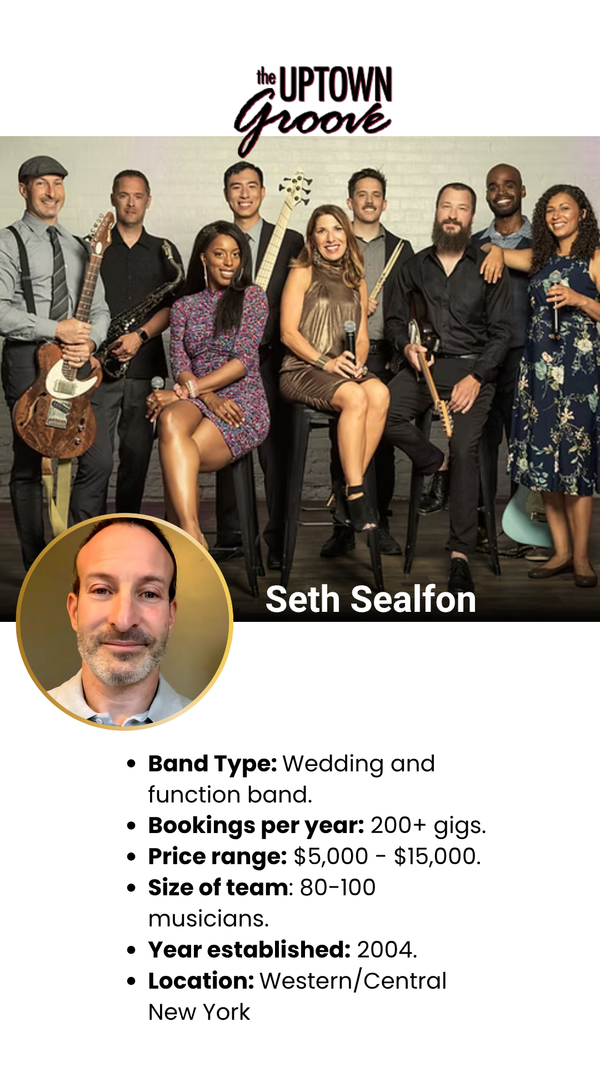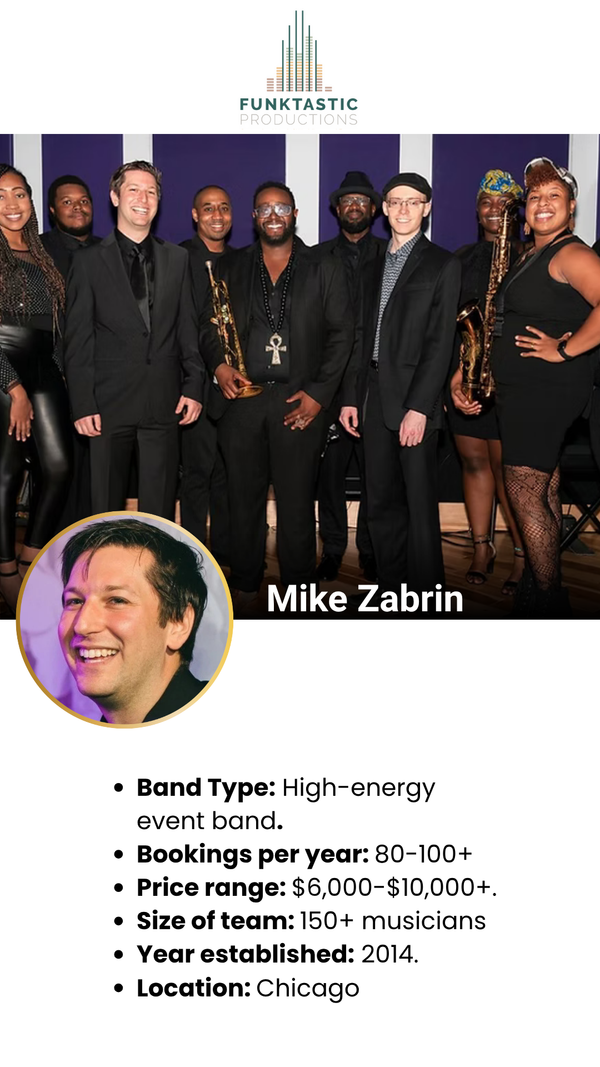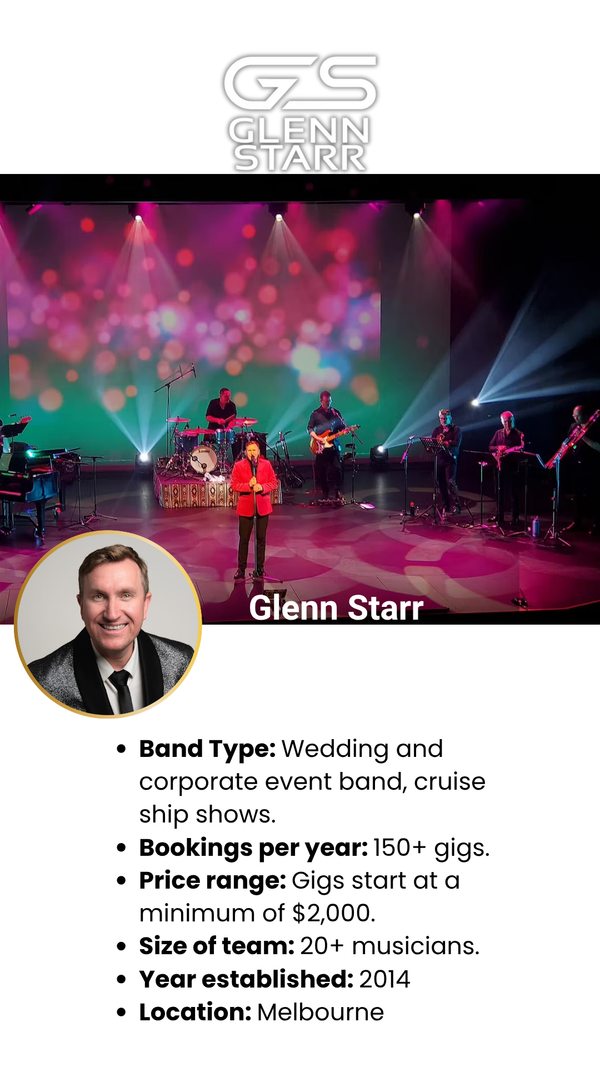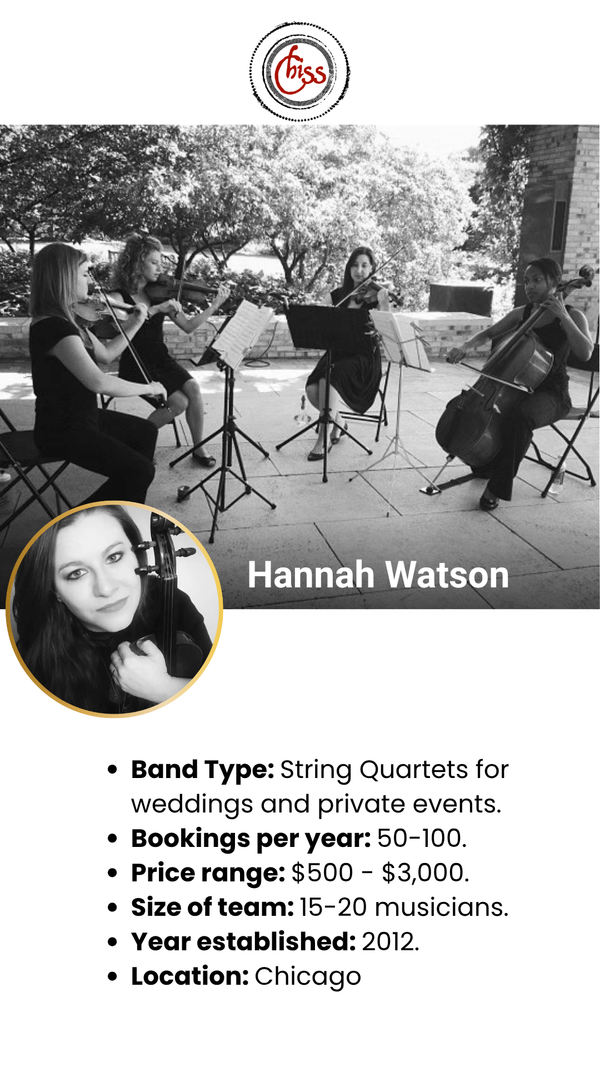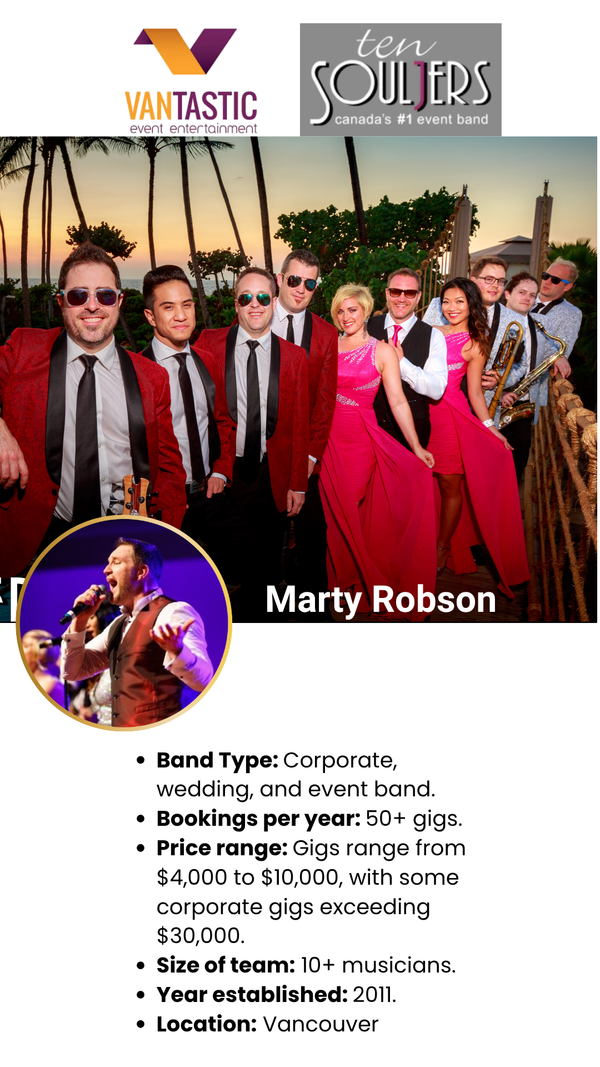Why Your Band Should Use An Artist Performance Contract

Have you ever heard the phrase, “In God we trust, all others pay cash?” When there’s money involved, a handshake or verbal agreement doesn’t help your band if the venue or event organizer doesn’t feel like paying. No matter how small your band is, having a professionally written and signed contract protects both parties.
Other names for this document are Artist Performance Contract, Live Performance Contract, and Music Performance Agreement.
Sometimes you may see the term Band Contract. However, a Band Contract is typically between the band members themselves. It puts in writing who is responsible for what, how costs, payments, and future royalties get divided. A band contract helps the members avoid ugly disagreements when it comes to money and responsibilities. Learn more about how band member contracts keep the peace.
In this blog, we focus on the performance contract between a band, or an artist, and the client.
Definition of An Artist Performance Contract
In the simplest explanation, it is a professional agreement that outlines the terms and conditions between the musical talent or bandleader and the client or venue, such as a nightclub or wedding. Typical live performance contracts will outline the details such as payment, deposits, cancellation policies, performance expectations, time, and location.
Components of A Live Performance Agreement
In an artist performance contract, you’ll find four critical sections to protect your band and make this a useful document:
- Scope of Performance
- Date and Location
- Compensation
- Technical Requirements
This is not an extensive list. There are more specific items you should have in your contract. Here are some general details about each of these sections.
Scope of Performance
The scope details the expectations of what the musicians will do. It outlines the performance, such as the number of songs, sets, and breaks. This section specifies the number of musicians, when they will rehearse, and any special appearances such as radio shows, press conferences, or any additional venues.
Also, you could specify whether or not audio and video recordings are allowed without your permission. This really depends on your preference and values, but generally, most artists these days are happy for the free promotion that fans and guests will provide by making candid videos of your performance on their smartphones and sharing them on social media. Many companies pay good money for social sharing campaigns as part of their marketing plan. Consider if having your fans do this for free is valuable for your own marketing.
Date and Time
Along with the exact day and time of the gig, you’ll want to specify any load-in, rehearsal, and soundcheck times. Knowing the access times is vital if you play at a venue with multiple bands, if the stage has other performances or if there will be other events going on at the venue on the same day (such as at a wedding).
Getting it all in writing saves aggravation if the venue owner or stage manager forgets that you’re supposed to have access.
Compensation
Like Cuba Gooding Jr. said in Jerry MaGuire, “Show me the money!” Unless you are a philanthropist, you want to get paid.
With so many variables and payment options, get everything tied down here. Some things to consider are:
- Guarantees
- Percentages
- Extra work
- Cancellations
Another area you must consider is what happens when your work goes beyond the scope of the original agreement. Things like playing an extra set, a special song, or a percentage of the door if the crowd exceeds the initial estimate.
Don’t forget to write the terms of a deposit and determine the conditions for a refund. With endless reasons for events and weddings canceling, why should you have to pay?
Everything is negotiable, but you need to get it in the contract upfront to minimize problems after the gig.
Technical Requirements
The technical section will grow with your band. Initially, for small groups, it will cover who provides the sound system, stage lights, stage crew, and other necessities for the show. For larger gigs or national bands, this part of the agreement will be a “rider” to the contract and can be many pages long. It details the stage plot and mic input list along with the placement of all the other pieces of equipment.
Plan on Selling Merchandise?
Before you walk into a venue with cases of T-shirts, you better know upfront if you can sell your stuff. Specify the three “Ws” in the contract. What, Where, and When can you sell?
Iron out in advance if the venue offers a dedicated table, someone to work it, and their split. Know the details and get them in writing before attempting to sell any merch.
Benefits of An Artist Performance Contract
When you have something in writing, even a series of texts and emails, you stand a better chance of winning your argument should you have one. A formal contract shows venue owners that you’re serious about your business, even if you’re a sole entertainer.
Something as simple as an equipment list with photos can quickly end a backstage disagreement over ownership.
Don’t Get Screwed, Use an Artist Performance Contract!
The music world is littered with bad contracts and the bankrupt musicians who signed them. Here are a couple of notable examples:
- Lady Gaga claimed that she earned nothing from licensing and special advances, yet her label, Interscope and Spotify and Interscope got all of it instead.
- TLC’s manager Pebbitone and their record label LaFace Records charged the band for expenses such as airline travel, hotels, promotion, music videos, food, and clothing. After paying their managers, lawyers, producers, and taxes, they had to file for bankruptcy.
There are hundreds of sad stories of musicians bilked out of their hard work and creativity. You and your band don’t have to be one of them. Use a valid performance contract, reviewed by an entertainment lawyer who is on your side.
One of the easiest ways to draw up an artist performance contract is with the templates available in Back On Stage. Check out this post for A Music Performance Contract Your Band Should Use.





